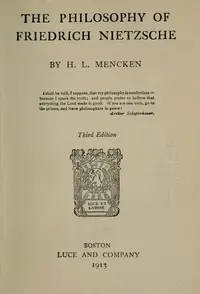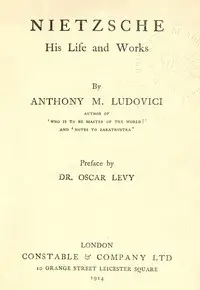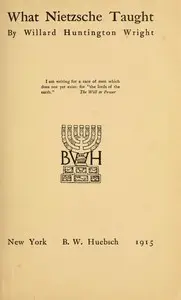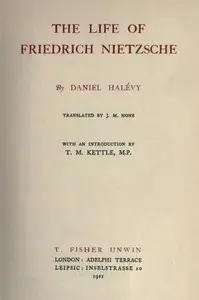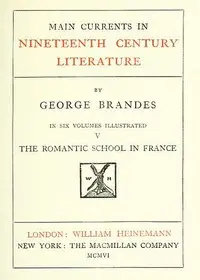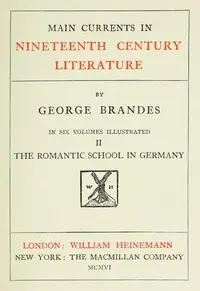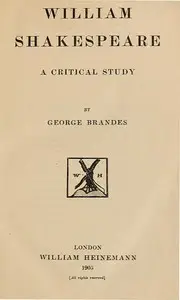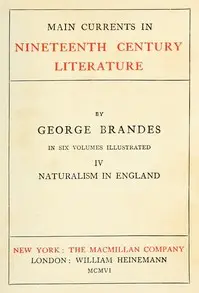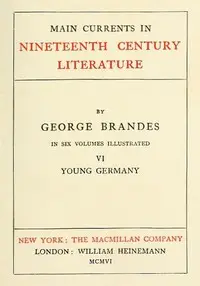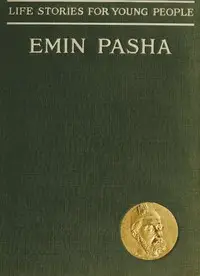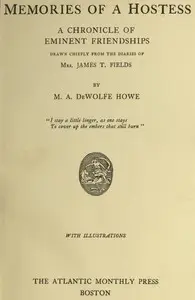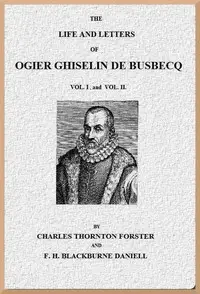"Friedrich Nietzsche" by Georg Brandes is a study of the life and ideas of Friedrich Nietzsche, created around the turn of the 20th century. Brandes looks at Nietzsche's journey to becoming a philosopher and how he questioned what society considered normal and moral. The book shines a light on Nietzsche's unconventional opinions on culture, morals, and being an individual, showing him as an important, questioning person in German writing. Brandes starts by presenting Nietzsche as a necessary but not well-known person in German writing, pointing out his special ability to make people think and argue. The author explains Nietzsche's early school life and important books, also mentioning problems with his health and important connections he had with people such as Richard Wagner and Jakob Burkhardt. Brandes also examines how Nietzsche's philosophy changed, showing how he went from following others to coming up with his own ideas, as he started to question common moral beliefs and share his thoughts on culture and being an individual, which eventually led him to his search for "the will to power."
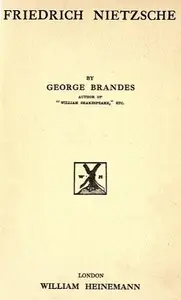
Friedrich Nietzsche
By Georg Brandes
Explore the dramatic intellectual life of a philosopher who dared to challenge the very foundations of morality and culture.
Genres
Released
2014-12-08
Formats
epub
epub (images)
mobi
epub3 (images)
mobi (images)
txt
Free Download
Summary
About the AuthorGeorg Morris Cohen Brandes was a Danish critic and scholar who greatly influenced Scandinavian and European literature from the 1870s through the turn of the 20th century. He is seen as the theorist behind the "Modern Breakthrough" of Scandinavian culture. At the age of 30, Brandes formulated the principles of a new realism and naturalism, condemning hyper-aesthetic writing and also fantasy in literature. His literary goals were shared by some other authors, among them the Norwegian "realist" playwright Henrik Ibsen.
Georg Morris Cohen Brandes was a Danish critic and scholar who greatly influenced Scandinavian and European literature from the 1870s through the turn of the 20th century. He is seen as the theorist behind the "Modern Breakthrough" of Scandinavian culture. At the age of 30, Brandes formulated the principles of a new realism and naturalism, condemning hyper-aesthetic writing and also fantasy in literature. His literary goals were shared by some other authors, among them the Norwegian "realist" playwright Henrik Ibsen.
Total Reviews
10.0k
Total reviews from Goodreads may change

